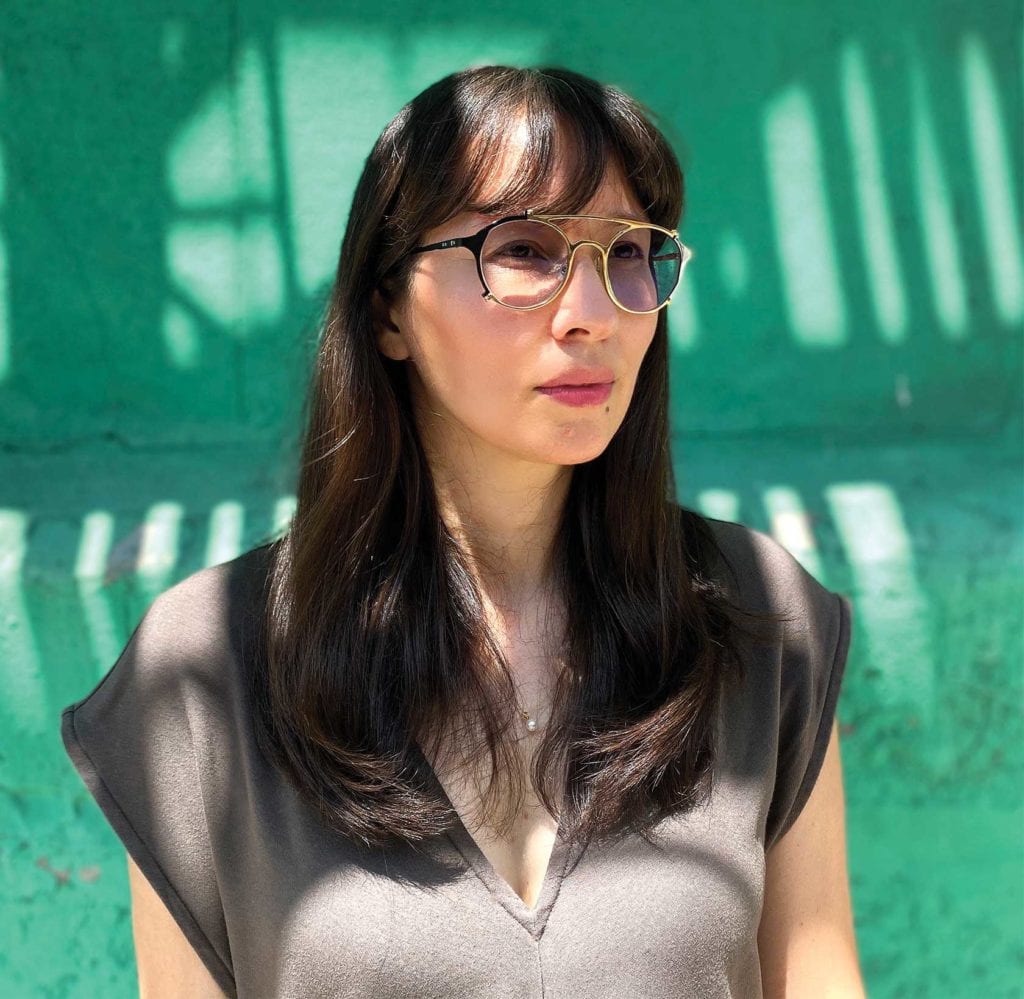Ursula Liang’s new film ‘Down a Dark Stairwell’ explores 2014 police shooting of Akai Gurley

Newton native and documentary film director Ursula Liang has been waiting for almost a year to bring her latest film, “Down a Dark Stairwell,” to Boston. The day is finally here. On Feb. 5, ArtsEmerson presents the digital premiere of the documentary that follows one of the largest Asian American protests in history, and a notable event in the development of the Black Lives Matter movement.
The film explores the 2014 case of Chinese American police officer Peter Liang shooting and killing Akai Gurley, an unarmed Black man in the stairwell of a housing project. Liang was the first officer convicted of an off-duty shooting in over a decade. The case ignited protests, divided the Asian American community and illustrated how divisions between minority groups ultimately serve white supremacy.
At the time of the shooting, large swaths of the Asian American community split into two camps — those protesting on behalf of Liang, who they felt was being treated unfairly due to his race, and those who rallied with the Black Lives Matter movement seeking justice for Gurley’s death. The incident occurred just a few months after the killing of Eric Garner by police.
“These are communities that both feel they’re facing a lot of injustice in a culture that’s dominated by oppressive ideas and systems that don’t work for them,” says director Liang (no relation to Peter Liang). “The Black-white binary is what you’re typically seeing in the media. And without having that frame, it allows for a very different kind of storytelling.”
With a background in journalism, Liang aimed to tell the story in an objective manner, and in an accessible one. She says that in many communities where English is not the first language, the vocabulary of activism is difficult to acquire, making these conversations challenging and even impossible. The film is meant to break down barriers to accessing and participating in these dialogues by presenting the case and interviews with subjects from the community outside of a heavily academic or activist context.
“I think when audiences make up their own mind about things, it’s a much more powerful and more permanent process,” says Liang. “I’m not trying to force-feed anybody a very specific narrative, but I hope people think about solidarity.”
“Down a Dark Stairwell” runs on demand via ArtsEmerson’s website Feb. 5-7, and on April 12 it will air on PBS. On Feb. 5, Ursula Liang and UMass Boston Professor Denise Khor will join in a live conversation about the film. Ticket prices range from $5-$25 on a pay-what-you-can basis.








